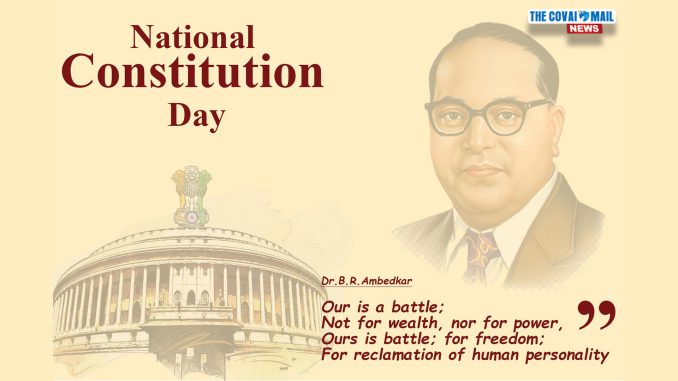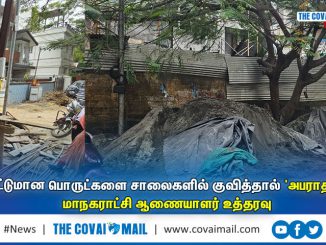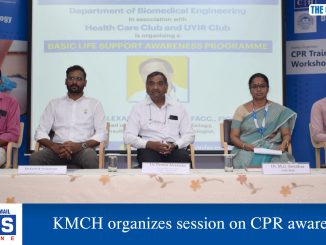
As India is observing its Constitution Day, indeed I am in a dilemma to think if it has served its purpose the right way.

Not as a note of denial, yet something that I’m curious about as a citizen. The Indian Constitution officially came into enforcement on 26th January 1950 but was adopted on 26th November 1949. Since then, it is observed as National Constitution Day.
Speaking of fundamental rights that each of us celebrate, breaking barricades to become the prime concept among the young generations.
I often sit back to realise that most of them fail to realise that this constitution still stays veiled among underprivileged people in Indian society.
Quoting a few incidents along with statistical data in recent decades might be appropriate to let my thoughtfulness flow the right path.
According to an article in the Times of India (TOI), Haryana state witnessed a drastic increase in rape cases, totalling up to 1,546 as of 2021. The conviction rate for the same was poor. Thereby in 2014, 151 convictions got down to just one in 2021.
For the same, the Hathras Gang-rape case, where the entire country was raging over the brutal treatment of the victim. Reportedly the police had managed to cremate the victim’s body without permission. Neither of their family was informed. It is a crystal-clear ignorance of that particular community.
The fundamental rights of every individual in this country are inclusive of the ‘last honours’. Law enforcement officers are to ensure safety and grant equal rights. The case here was vice-versa, wherein the officials tried to cover up the happenings.
If you wonder about this specific case, here is another case from Tamil Nadu. Sathankulam custodial death case, Jayaraj and Bennix were brutally tortured and succumbed to death.
The killing of 13 people in the Sterlite protest in Thoothukudi, wherein police opened fire against the protesters.
This list of crucial cases exceeds the limit, yet many reports remain shadowed. What more can this prove than having said that fundamental rights are still a question mark to many?
Carrying the knowledge of the judicial writs available for every individual, including the legal approach method for the type of circumstance or judicial complications is a must. Educating civilians about their rights irrespective of caste, community or creed is a burden to be taken. If legal practitioners come forth to take this initiative, democracy and constitutionalism are attainable to a maximum, with the public voicing for themselves.
Article 15 is readily available for most of the public, agreeable that it is a must, yet there are other significant articles that are to be notified.
Let us rethink these aspects and strive to make this country a better place for living with equal dignity and integrity.
Article by Anushka Juliet



